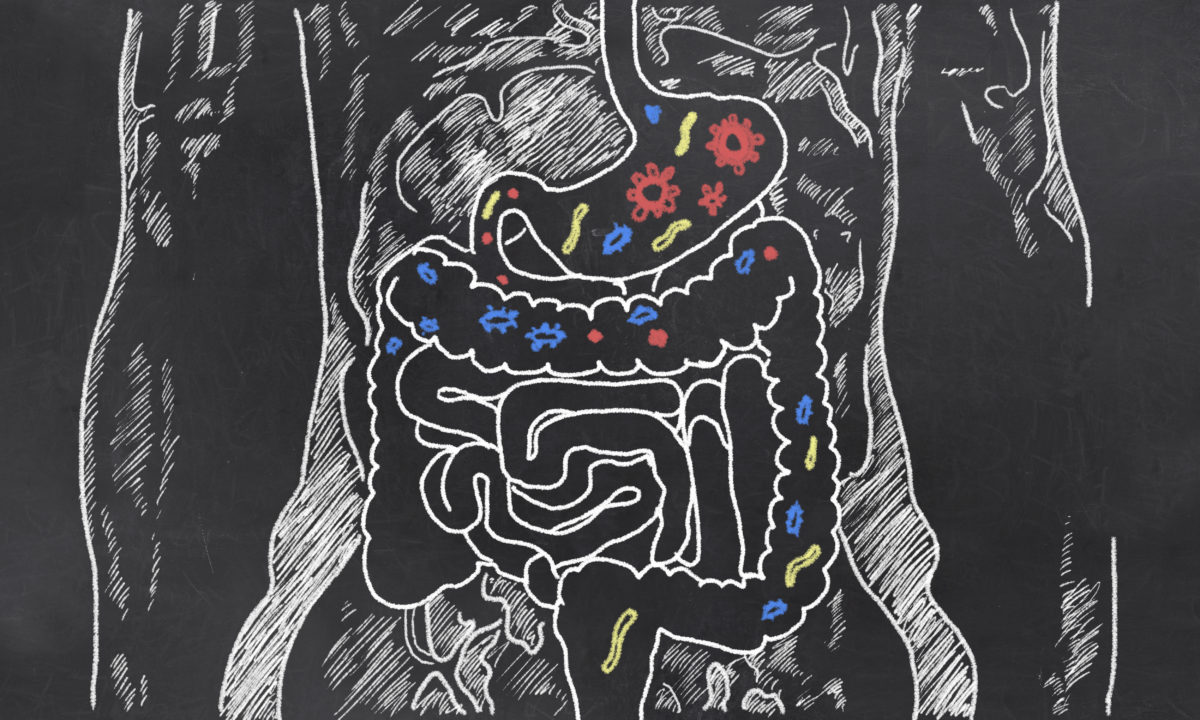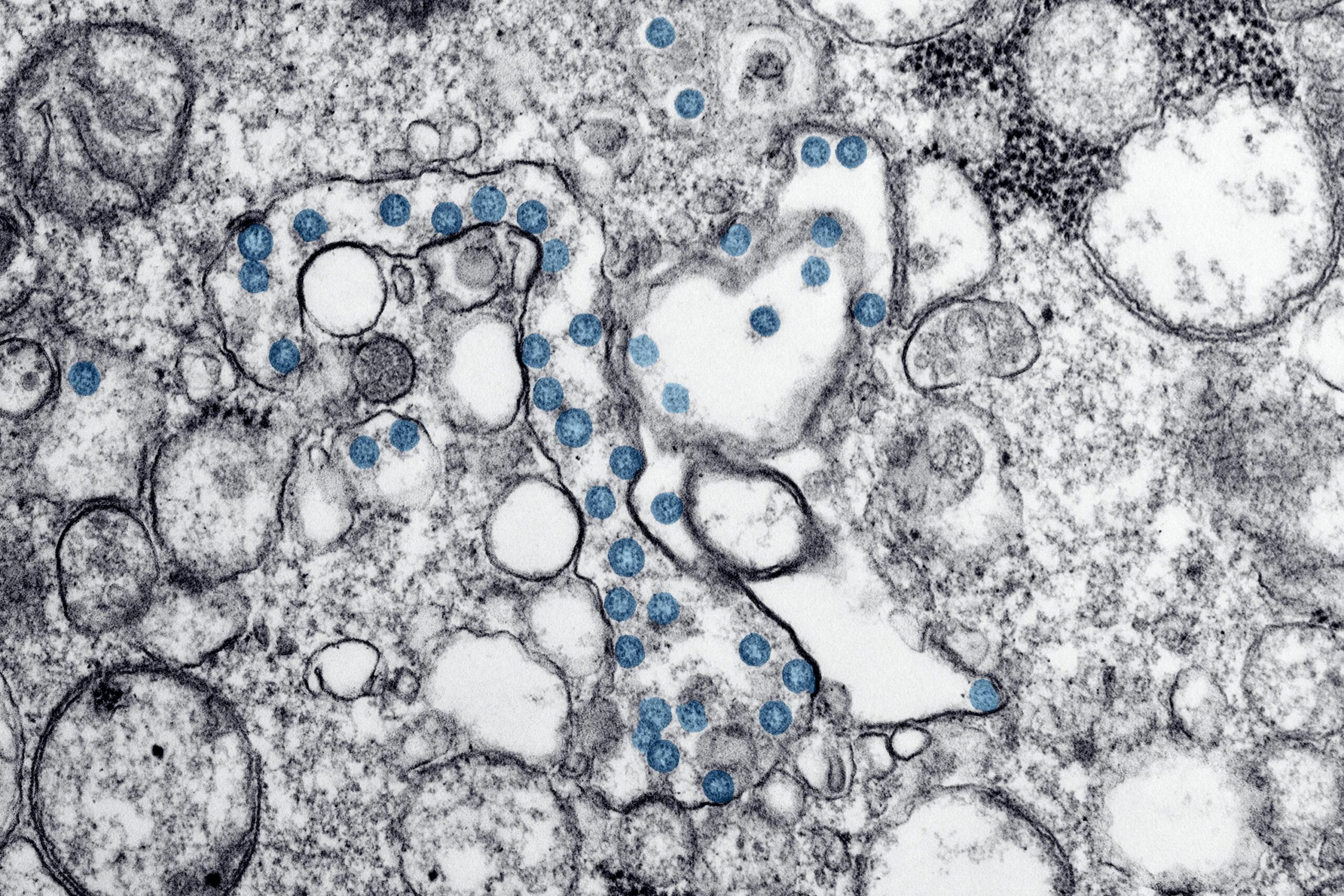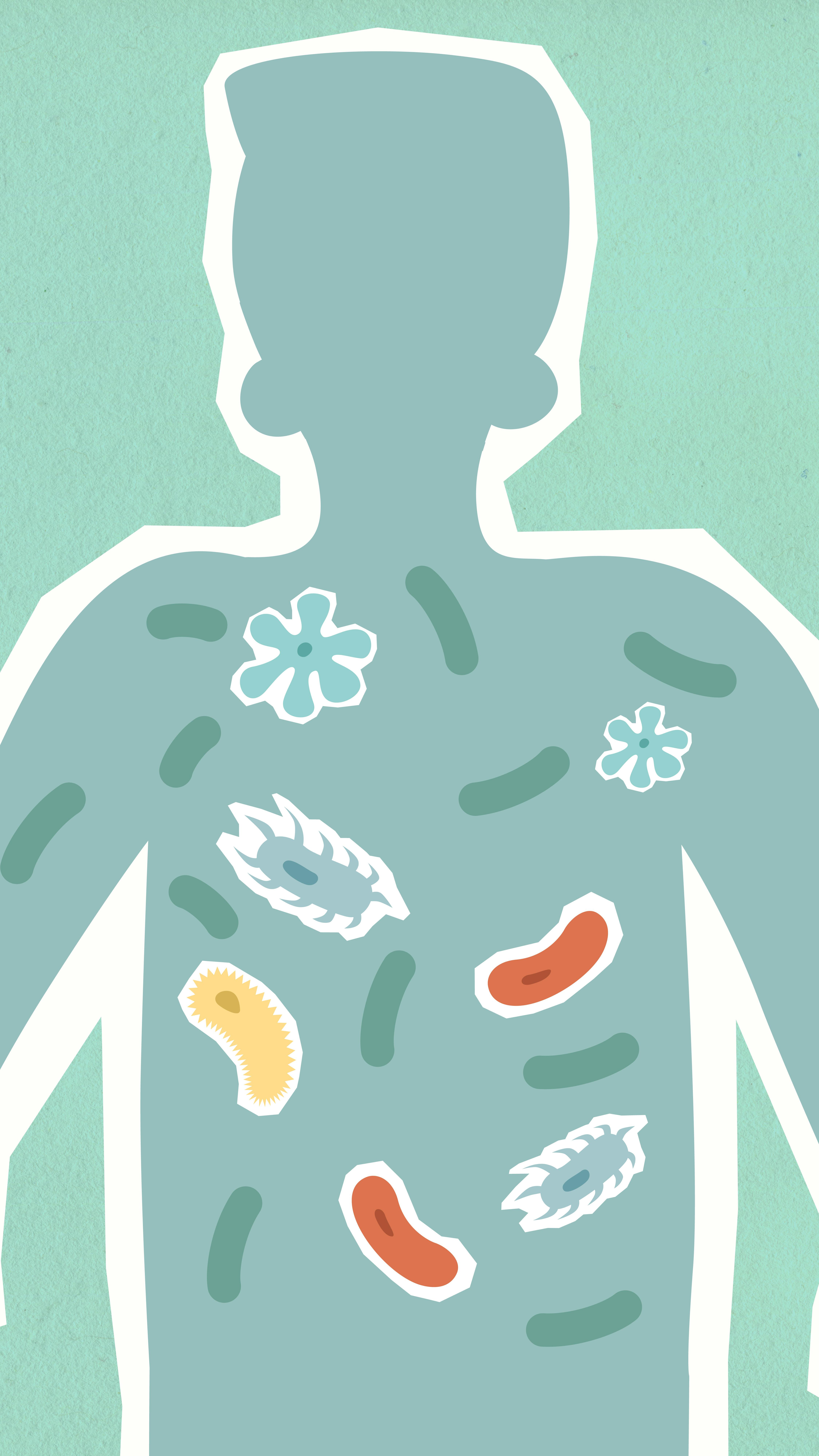The gut microbiome is home to trillions of microorganisms, and scientists are attempting to bottle this complex ecosystem into a small pill. If successful, people could swallow microbes that could replenish an unhealthy microbiome.
Tagbo Niepa is an assistant professor of chemical engineering at the University of Pittsburgh who recently received a $2 million dollar award to develop the capsules meant to replicate a strong microbial community.
“With this technology, we can actually collect and store samples from healthy individuals, screen them to understand the composition of their microbiome, and later administer to the patient when they’re sick,” says Niepa in a university press release.
The gut microbiome is involved in all facets of health, good or bad. It can influence any efforts towards weight loss, worse stomach ulcers, and influence your mental health, to name a few. The capsules provide a way to hijack the microbiome by having a bank of extra good germs on reserve when a person falls ill.
One good instance of its application is in helping people exposed to a Clostridium difficile (C. diff) bacterial infection. When a person is infected, the bacteria stays dormant in the body and can cause recurring sickness.
“If you recover from C. diff, and take antibiotics later for another infection, it can eliminate good bacteria in the gut and give the C. diff pathogen room to proliferate,” explains Niepa. “If you had the chance to store your healthy microbiome, you could simply swallow a pill and restore balance.”
One argument against the need for developing microbial pills is probiotics. Probiotics and fermented foods are rich in nutrients that uplift a person’s microbiome. However, Niepa argues his nanoculture capsule technology works differently from a probiotic beverage you buy at the supermarket.
Instead of inserting several bacterial strains into a food or drink, the capsule is designed with materials used to replicate a microbe’s natural environment. This will allow the growth and production of a variety of microbial species, including those that are hard to grow. What’s more, the nanoculture inside the capsule would be devised to eliminate the growth rate bias seen in traditional cultures where different species compete for space and nutrients, allowing one species to flourish more in the product than others.
The capsule would retrieve gut bacteria from a healthy person’s feces and store it in a special incubation capsule to create a microbial bank. If a person was later infected with C. diff, they could theoretically take the pill to restore any imbalance the infection caused to the gut microbiome and boot out the invading pathogen.
Niepa adds: “If this project is successful, it could mean a huge shift in the way we think about illness and medicine. This work creates a necessary framework for future research into the manipulation of the human microbiome to prevent and even cure disease.”












When a person is given an anti-biotic for an infection the anti-biotic will kill off gut bacteria as well as the bacteria in the targeted infection.
What effect will this have on othewise healthy individuals?
It would seem a simple matter to administer these rehibilatory tablets to a group of people who have had antibiotic treatments and follow their health in order to contrast their health with that of the general population.
Such a study would be quite illuminating.